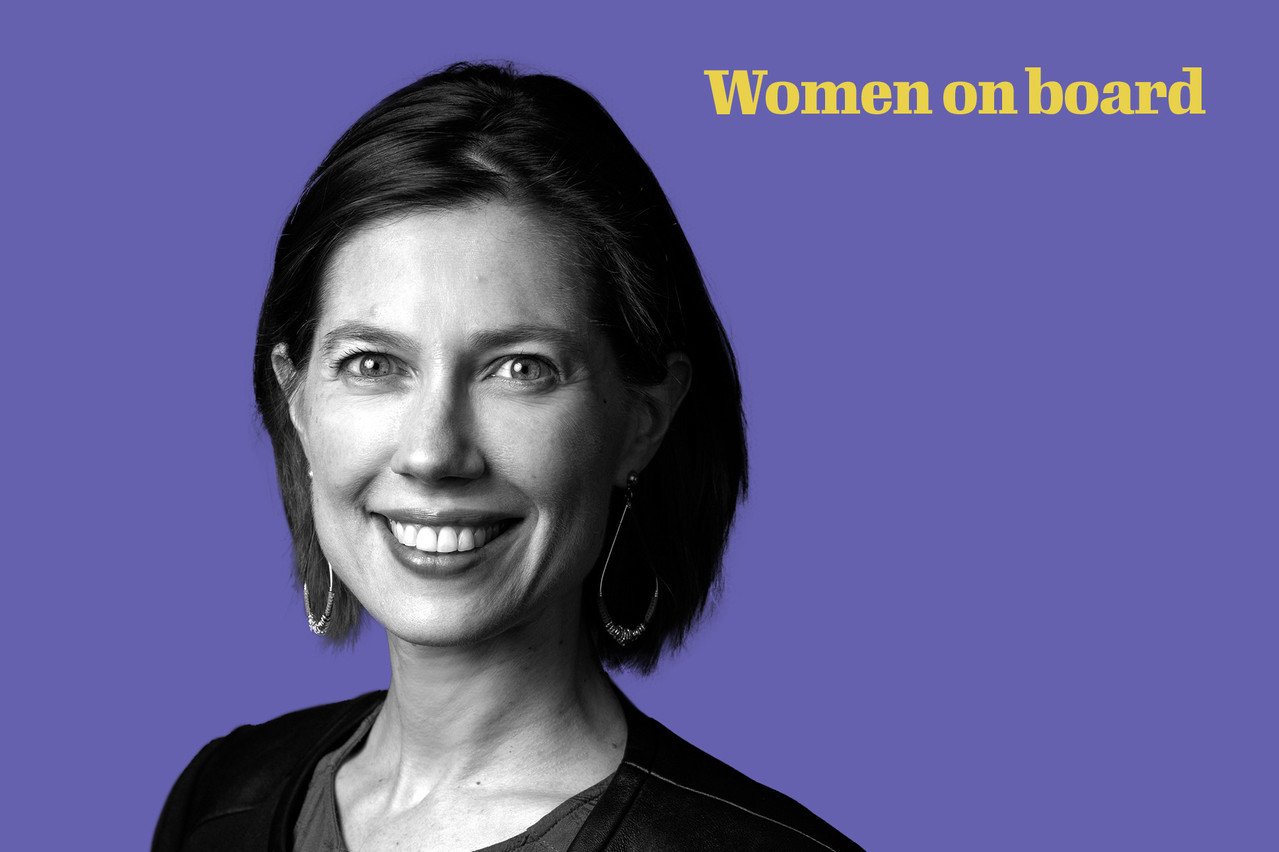Currently the head of public relations, marketing and communication at the Chamber of Commerce, is a director of Luxexpo, Luxembourg Congrès, Luxembourg for Tourism and the independent Luxembourg Audiovisual Authority (Alia). In her view, competence and co-construction are fundamental and go beyond gender.
Paperjam: What are the main challenges you have faced as an independent female director?
Bérengère Beffort: At the start of a mandate--and I wouldn’t necessarily want to link this to gender--I can feel this need to quickly move the lines. I’ve learned to give myself time to grasp more finely how to boost the organisation’s performance from a sustainable perspective.
How do you deal with resistance or scepticism towards you?
I can take the lead in identifying differences of opinion and see what would be effective solutions. Resistance shouldn’t be a brake. It’s healthy for everyone to defend their point of view while keeping in mind the objective of finding the best solution for the organisation. We can disagree, develop avenues and then finally agree without having to deny ourselves.
Do you think that gender equality is progressing within boards of directors?
While I don’t have exhaustive statistics on developments in the private sector, I note that there is a positive trend towards increasing gender mix in decision-making bodies. This is linked to the fact that more and more companies are communicating their commitment to gender equality. Increased transparency means that we need to put our money where our mouth is. Although progress is being made, there is still a long way to go to have as many women as men in positions of responsibility.
What do you think of quotas for women on boards?
Quotas can be a start in stimulating the participation of the under-represented sex over a transitional period. However, they are not an absolute remedy. Quotas answer the question of numbers. The group must then, in all its diversity, know how to work together to perform well in collegiate governance.
As a female director, do you feel a particular responsibility to champion issues of parity and inclusion?
Gender and inclusion issues concern us all, women and men alike. I see many men who fully understand the issues. My responsibility in this area should not be greater than that of my male colleagues. I am committed to ensuring that we collectively drive change.
In your opinion, how does diversity influence the performance of a board of directors?
Diversity can bring different skills and experience. It can avoid cognitive confirmation bias. This is all the more important when it comes to understanding risks. Next, it’s a question of making full use of potential. If diversity fuels debate while being solution-oriented, then it will also support the creation of value for the company.
What solutions or policies do you think could encourage better parity?
The commitment must come from companies. Their awareness is growing. By showing the benefits and the existing profiles, companies will not fail to seize performance opportunities. There’s no way back!
What advice would you give to a woman who is hesitating to take the plunge?
You’re capable: show them what you can do.
Any moments in your career that illustrate the reality of being a woman in this role?
When I got my first mandate on a board of directors, a friend asked me how many women were on the board. In my opinion, competence and co-construction are fundamental, they don’t depend on gender.
What advice would you give to a young woman who wants to take her place in society?
The best advice would be to be yourself and capitalise on your strengths.
This article in French.
